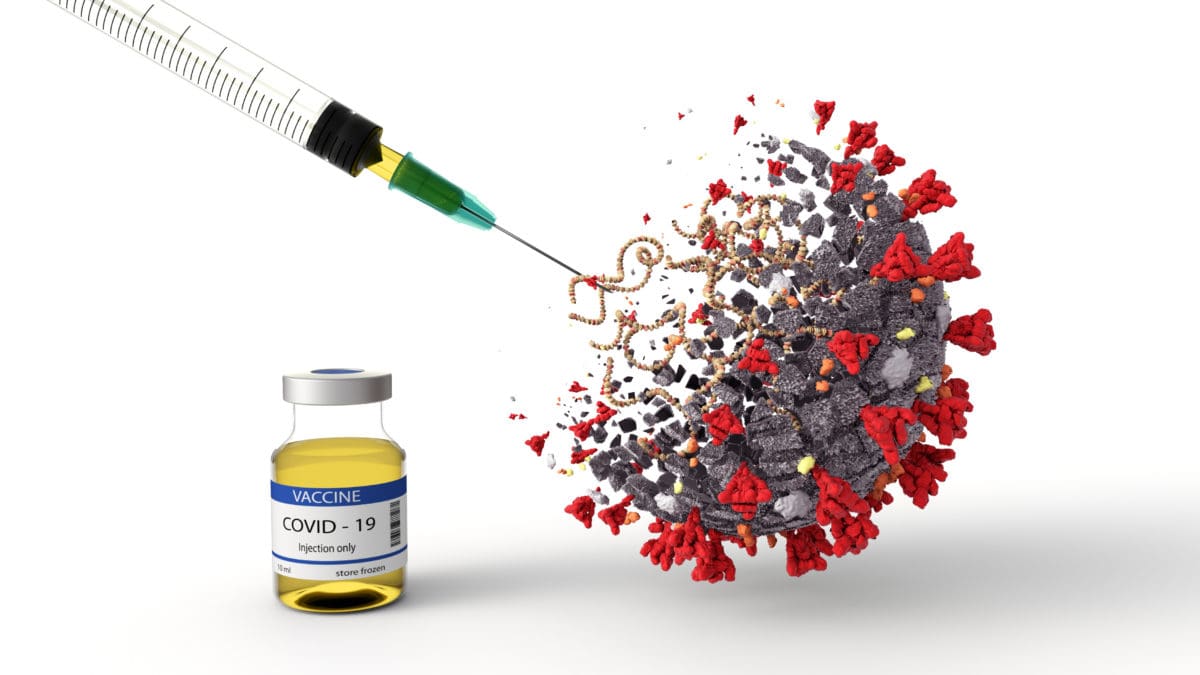Just 6% of people will refuse COVID-19 vaccine, says Ipsos MRBI tracker survey for IPHA


Just 6% of people will refuse COVID-19 vaccine, says Ipsos MRBI tracker survey for IPHA
More than three in four people will get immunised against the virus as medicines innovators bring forward vaccines in record time and work to scale supply
Just 6% of people will refuse to get vaccinated for COVID-19, according to the results of the latest tracker survey by Ipsos MRBI for the Irish Pharmaceutical Healthcare Association (IPHA) which represents the international research-based biopharmaceutical industry.
Over three in four people, or 77%, say they will take a COVID-19 vaccine while 15% are unsure. The rest of the sample, or 2%*, say they have already been immunised against COVID-19.
The figures show a two-point rise in the number of people who will get vaccinated since the last tracker survey taken in the first half of January. The number of people who will not get inoculated has dropped by one point while the undecided cohort has fallen by three points.
As many women as men, or 77%, said they will take a COVID-19 vaccine.
The age group most likely to take a COVID-19 vaccine are the over-65s, with 93% intending to get inoculated. In the group aged between 55 and 64, 84% say they will get vaccinated. Of the 6% of people overall who said they will not take a COVID-19 vaccine, this level was highest among 25 to 34-year-olds, at 12%.
Oliver O’Connor, Chief Executive of IPHA, said: “The speed at which COVID-19 vaccine breakthroughs are happening is unprecedented. They have been enabled by science, by rigorous and efficient clinical assessment, and by the collaboration of expert teams across territories and between disciplines. The effort is aided by over-lapping phases of clinical trials, by government subsidies in research and production and by manufacturing ‘at risk’ by companies.
“The goal is to vaccinate as much of the population as possible, as quickly as possible. Because of viral mutations, modified vaccines are already in development. The scaling of global production capacity is complex, expensive and risky. So, too, is the scaling of logistics and distribution capacity. Just as the biopharmaceutical industry stepped up to the challenge of finding safe and effective vaccines in record time, it is working around the clock to produce enough doses to meet global demand. Collaboration has been our currency during the pandemic. Let’s keep working together to see it through.”
Immunisation is a global health and development success story, saving millions of lives every year. We have vaccines to prevent more than 20 life-threatening diseases, helping people of all ages live longer, healthier lives. Vaccines administered in Ireland prevent 13 diseases including measles, meningitis and whooping cough. Now, we are adding COVID-19 to the list. The World Health Organisation estimates that vaccines save up to three million lives every year.
With the exception of clean, safe drinking water, vaccination is one of the most successful and cost-effective public health interventions ever. Vaccines have ridded the world of smallpox, driven polio to the brink of eradication, and virtually eliminated measles, diphtheria and rubella in many parts of the world.
During COVID-19, the originator biopharmaceutical industry continues to manufacture medicines and supply them to patients, search for COVID-19 vaccines and treatments, help local charities, hospitals and voluntary groups, and create significant economic value through exports, jobs and tax revenue.
ENDS
About The Survey
Ipsos MRBI conducted 979 telephone interviews with adults aged over 18 between February 1st and 14th, 2021. The sample was nationally representative for age, gender, geography and social class.
*This figure may underestimate the proportion of the population immunised since the sample did not adjust for the Government’s vaccination cohorts.


